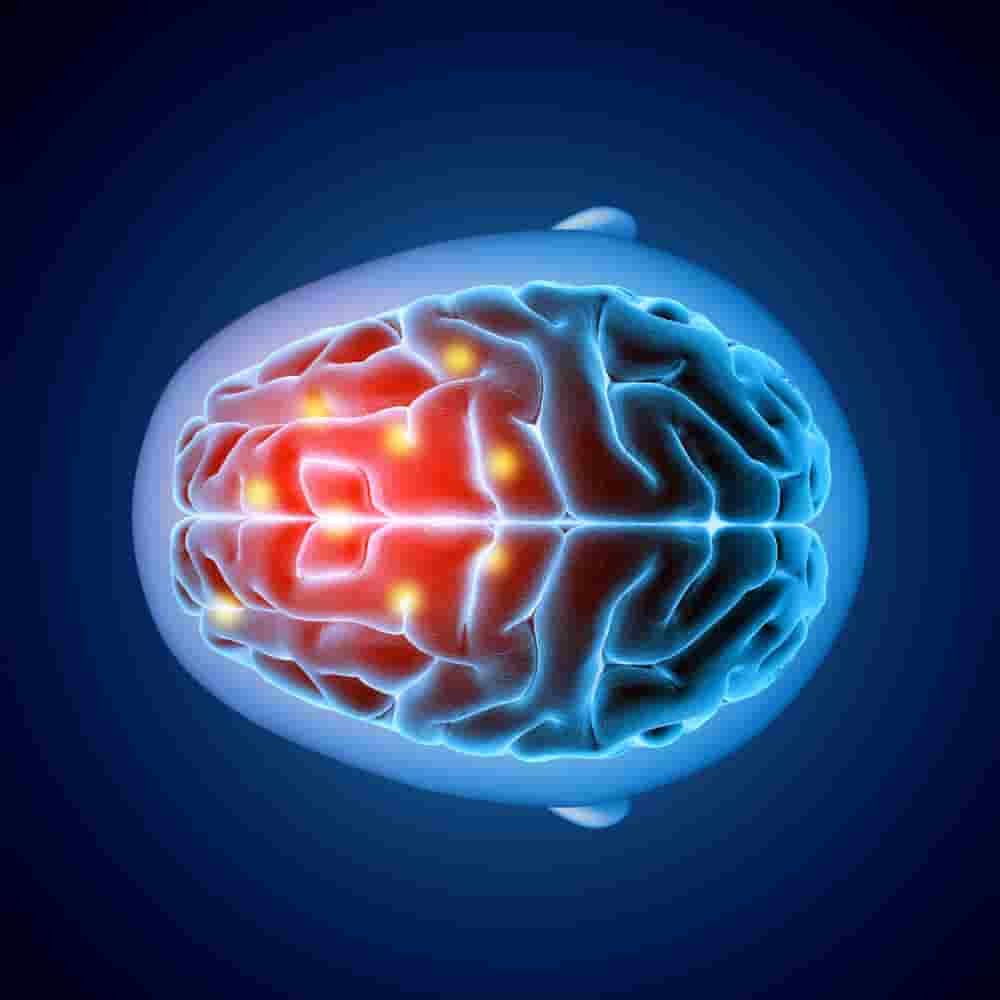A traumatic brain injury (TBI) is a type of brain injury that occurs after a sudden trauma to the head. The severity of brain injury depends on the force of impact and its location on the head. TBI can result from motor vehicle accidents, falls, sports injuries, and other causes. TBIs (Traumatic Brain Injuries) are generally more common among people older than 65 as people in this age group are more prone to losing their balance, slipping, and hitting their heads.
People with mild TBIs can have several different symptoms, most of which occur right after the head injury or the days following. Sometimes people do not feel the severity of a symptom and take it very lightly. And later when they realize this and see a doctor, the condition might become bad and sometimes lethal.
In our experience, many times in road traffic accident patient have a small period of loss of consciousness and after a few minutes, he gains consciousness. He takes it lightly and doesn’t see a doctor, and after some time, he again loses consciousness later on a CT Scan he is diagnosed with a huge extracranial hemorrhage which requires emergency surgery. Such things are very commonly happening.
More serious traumatic brain injury can result in bruising, torn tissues, bleeding, and other physical damage to the brain. These injuries can result in long-term complications or death.
If you’ve had a blow to the head, it’s important to get checked out by a doctor right away.
So, if you experience any of these traumatic brain injury symptoms after hitting your head, see your doctor:
a) dizziness,
b) fainting,
c) fatigue,
d) headaches,
e) nausea and vomiting,
f) behaviour or mood changes,
g) confusion or memory problems,
h) convulsions or seizures,
i) dilated pupils (bigger than usual),
j) restlessness or agitation,
k) sensitivity to light and smell,
l) sleeping too much or too little,
m) slurred speech.
Traumatic Brain Injury Treatments and Diagnosis:
If you think you’ve had a TBI, it’s important to get medical attention right away. You may need X-rays or other diagnostic tests to help determine the severity of your injury. The doctor will ask about your symptoms and perform neurological evaluation tests on your memory, thinking skills, motor function (balance, reflexes, and coordination), sensory functions (hearing and vision), and speech ability.
If necessary, imaging tests such as CT scans or MRIs will be done to check for brain bleeding or swelling. Blood tests may also be done to look for proteins in your blood that indicate concussion or mild TBIs.
Preventing TBI:
The best way to avoid serious consequences from a TBI is to prevent it in the first place. Some ways you can do this include:
- When driving or riding in a car, it is important to wear a seatbelt.
- Avoid alcohol and drug abuse.
- It is important to wear a helmet when riding a bike, skateboarding, or participating in other activities where there is the potential for a head injury.
This will reduce your chances of sustaining an injury and help protect you from any possible health complications. Dr. Vishal Bhasme has vast experience and expertise in managing different types of brain injuries and disorders. People living with the effects of a brain injury can contact for brain injury treatments.















